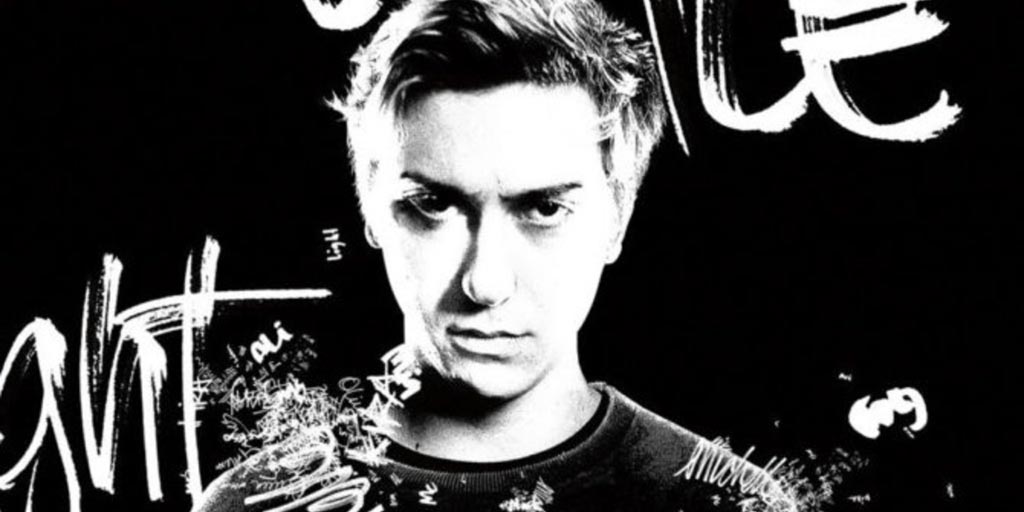Death Note: Adaptation not living up to fan expectations
 CREDIT: NETFLIX/WARNER BROS.
CREDIT: NETFLIX/WARNER BROS.The new Death Note adaption on Netflix is not all it's cracked up to be and hasn't received the greatest applause from its viewers.
On Aug. 25, an American live action adaption on the highly acclaimed anime series Death Note, was released onto Netflix.
The anime, is based on the manga (comics) with the same name by author Tsugumi Ohba and illustrator Takeshi Obata and has received much praise from both Japanese and American fans. Death Note follows the tale of Light Yagami, a high school boy who one days finds a supernatural notebook that has the power to kill whoever's name is written in it.
Along with the Death God, Ryuk, who owned the book, Light using the name Kira, starts to use the notebook's powers to rid the world of “evil” as a self-proclaimed “God” while the detective known as “L” attempts to stop him.
The series centers on the clash between the ideals of “justice” of Light and L, spinning a tale of psychological warfare, drama and horror.
Japan already has several live action films depicting the series, most of which are sequel type films.
Other than the first two Japanese live action adaptions named Death Note and Death Note 2: Last Name, the Netflix adaption is the first in a while to take the story of the original series and reimagine it.
Now, even if someone hasn't watched the entirety of the anime, nor read the manga, it's clear to see within the first five minutes into the film, that creative licensing was taken a tad too far into the making of this movie.
The premise of the movie is on the right track, a high schooler who thinks he can change the world for the better uses a supernatural notebook to do so.
It should be noted that instead of Tokyo, the series takes place in Seattle.
Light Yagami is called Light Turner in the film and instead of being a highly intelligent student with no life problems, he is an emotionally scarred teen because of the murder of his mother. While the anime series is focused on the genres of psychological drama and horror, the Netflix adaption, however, overshadows the psychological drama with a slew of action scenes and a plot of romance not present in the anime series.
There can be credit given to the action scenes. They are well played out and do create a thriller and suspenseful movie.
A fan may even see it as a refreshing aspect to the film that the series didn't play with. The plot of romance, however, was unnecessary and even denotes the character of Light.
In the anime, Light is portrayed as a cold, manipulative, diabolical, egomaniacal, competitive man, who is willing to do what it takes to reach his goals. There is no Light though in the Netflix adaption.
In fact, Mia, who is based off Misa Amane from the anime, gets the upper hand over Light several times.
His love for her overshadows his genius intelligence and it's only near the end where fans can see Light's wits shine above Mia's own lust for power.
The biggest change in characterization though and the most disappointing part of the film was L. L is a famous detective and is Light's nemesis.
Sadly, there is little depiction of L's genius detective skills shown in the film.
What fans see instead is a character more easily moved by his emotions than most might be used to seeing.
This makes him give off an air of mental instability, almost to the point of being reminiscent to a child throwing a tantrum, from a character revered for his rational deductive reasoning.
What we have here is creative licensing which is great, but when a film is created with the intention to emulate an already existing piece, there typically is a fine line between creative reimaging, versus staying true to the original concept.
When most fans hear of adaptions to their favourite series, they want to be able to recognize what they love about it in the adaption. The concept and idea that makes the series what it is.
The Death Note on Netflix, unfortunately, has not lived up to the concept of Death Note.














